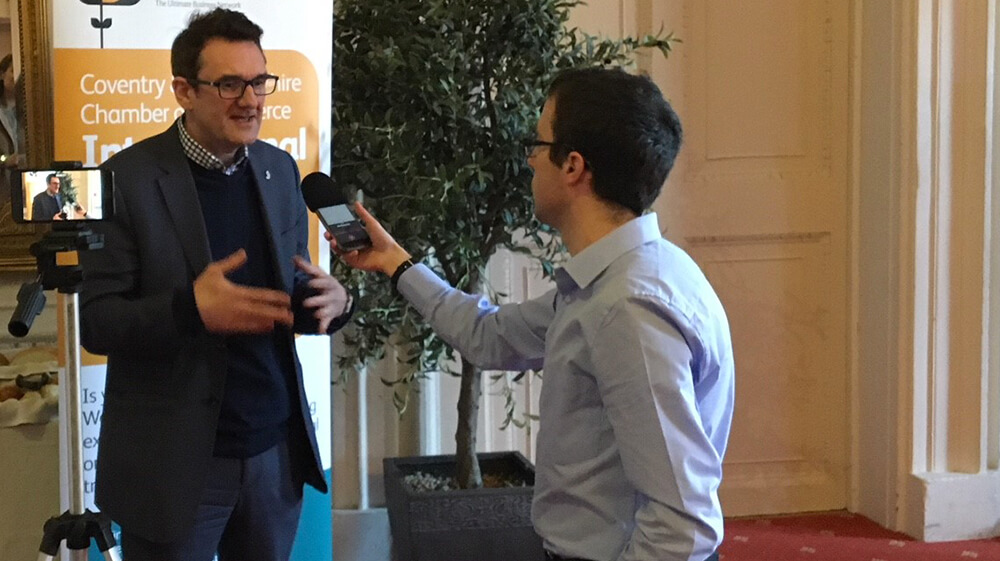
On the 23rd January I attended the Chamber Brexit meeting, which was chaired by Coventry and Warwickshire Chamber and included businesses and representative of various bodies from around the region. The Group had met before the first occasion was in January 2017. The purpose of the meeting was so that businesses can provide feedback via the Chamber to Government on the issues that are affecting them and the type of support they may require post Brexit. There was also a presentation by Coventry City Council who had conducted some research on the impact of Brexit thus far.
On the positive side those who attended the meeting reported that so far business was still good including businesses in the manufacturing sector. Investment was continuing and businesses were carrying on as normal. However, there was also a lot of frustration mainly aimed at Government and politicians especially as we are now only weeks away from the 29th March and businesses are in the dark as to how they should prepare for Brexit.
The media also attended the event and I gave a brief interview to BBC Midlands today and Touch FM on the issues affecting the industry from both the freight side based on our experiences at Independent Freight through to the work I am doing with businesses through Hooper and Co around customs compliance which now includes helping businesses start to look at the potential impact of Brexit.
The main frustration for business is that they want to know whether there will be a transitional period and they want to know what the final deal will look like. If we do exit the EU on the 29th March without a ‘deal’ then this could have serious repercussions for a lot of companies especially for those who have never exported or imported further than the EU regardless of whether they support Brexit or not. There are thousands of businesses which fall into this category.
There is also lots of confusion around the various types of deals that could be agreed with the EU, from a Free Trade Agreement similar to the one the EU has recently agreed with Canada and Japan to joining EFTA sometimes confusingly referred to as a Norway model. Some of these deals would still require new processes and systems and could cause supply chain issues for a lot of companies including understanding the regulations around rules of origin. For all ‘deals’ there will probably need to be additional paperwork and customs declarations. Some detail on the treatment of import VAT has been provided by Government but even with this there is no specific information just a lot of assumptions as to how it might work.
My advice to those businesses that attended this event and to businesses in general is if you currently import and export to Non EU countries then they should review their exiting customs procedures and policies and review their supply chains and talk to their customers and suppliers. This is good practice regardless of Brexit. For those not currently involved in supply chains outside the EU, they should look at what procedures they may need to implement, there are a number of steps they can take including understanding the Tariff code for their product, ensuring they know the origin of that product if they do not manufacture themselves, checking the amount of duty their customers will pay on the product if they exported to the EU and speaking to their customer regarding future processes and Incoterms. A similar process can be done for imports from the EU.
For more information about my experience discussing BREXIT email me at [email protected]

Copyright © 2023 Independent Freight Solutions Ltd | Company number 05202892 | Terms & Conditions | Privacy Policy